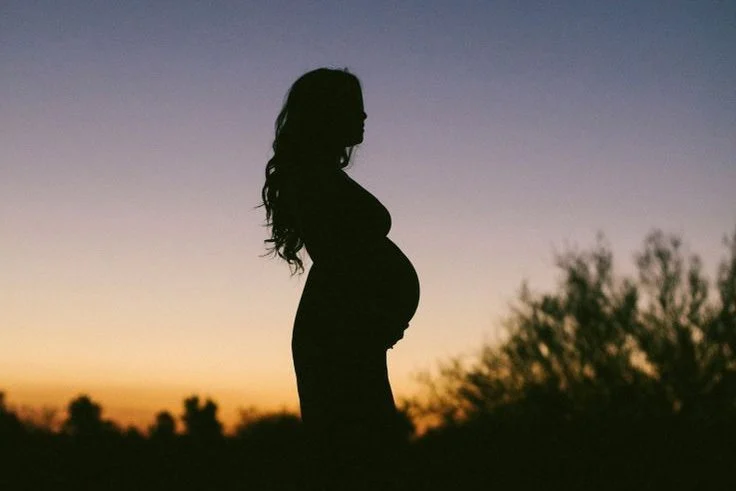My partner and I embarked on our journey as foster parents a year and a half ago. With no prior experiences among our friends or family, we stepped into a world that remains unfamiliar to many. However, the profound joys and challenges of fostering are experiences worth sharing, especially considering that over 400,000 children are currently in foster care in America. These children are part of our communities, attending schools and playing in local parks, and they deserve to be seen, known, and loved.
Today, we attended the adoption hearing for a group of three siblings who were our very first long-term foster placement. Nearly a year ago, they transitioned from our home to their adoptive family. The legal processes often lag behind, which is why after two years and eight months in foster care, they are finally becoming officially part of their forever family.
This is undoubtedly wonderful news for these children. However, the implications of adoption are multifaceted for everyone involved: for them, for their biological parents, and for myself. These three kids lived with us for six months before moving to their foster-to-adopt home. They felt like ours, and I find myself missing them dearly.
I long for Jenna’s endless storytelling, Leo’s ambitious projects, and Max’s affectionate late-night cuddles. I miss the uncomplicated moments we shared. Now, our interactions feel strained; their eye contact is hesitant, and their hugs are brief.
I can’t imagine it being any different. They referred to me as “Miss Jordan,” then “Mommy,” and now it has reverted back to “Miss Jordan.” Processing these transitions must be a heavy burden for their young hearts, and understandably, they seem guarded and awkward. It’s a complex situation made even more challenging by the watchful eyes of everyone involved: their previous foster parents, my partner and me, the adoptive family, and various professionals.
While I feel a sense of loss in no longer having a connection with them, I recognize it pales in comparison to what they are gaining. Their journey is one of sacrifice they never chose; they will grow up without their biological parents, a reality that carries its own tragedy. Celebrations like “gotcha day” cannot erase the questions they may have about why they were separated from their birth parents. As one adoptee poignantly stated, “The gains don’t fully replace the losses, nor should we ever expect them to.” The upheavals in their lives over the past three years cannot be neatly packaged; they have experienced several changes in homes, caregivers, and even their names.
I am immensely thankful for the stability they are gaining, yet my heart aches knowing that foster care and adoption exist because of circumstances that have profoundly affected these children—and their biological parents, who may never know their beautiful children. My experience of loss is trivial compared to theirs.
Thus, the emotions surrounding adoption are complex. I find myself simultaneously grieving and rejoicing. Today marks a hopeful milestone for their new life, and I genuinely wish for their futures to shine brightly, even as they reflect on their past.
For more information on related topics, visit our blog here. Additionally, if you’re interested in home insemination kits, check out this resource. For comprehensive information on pregnancy, see this excellent resource.
In summary, the experience of adoption is a blend of joy and sorrow. While children may find new stability and love in their forever homes, the complexities of loss and change remain an ever-present reality for them and their families.
